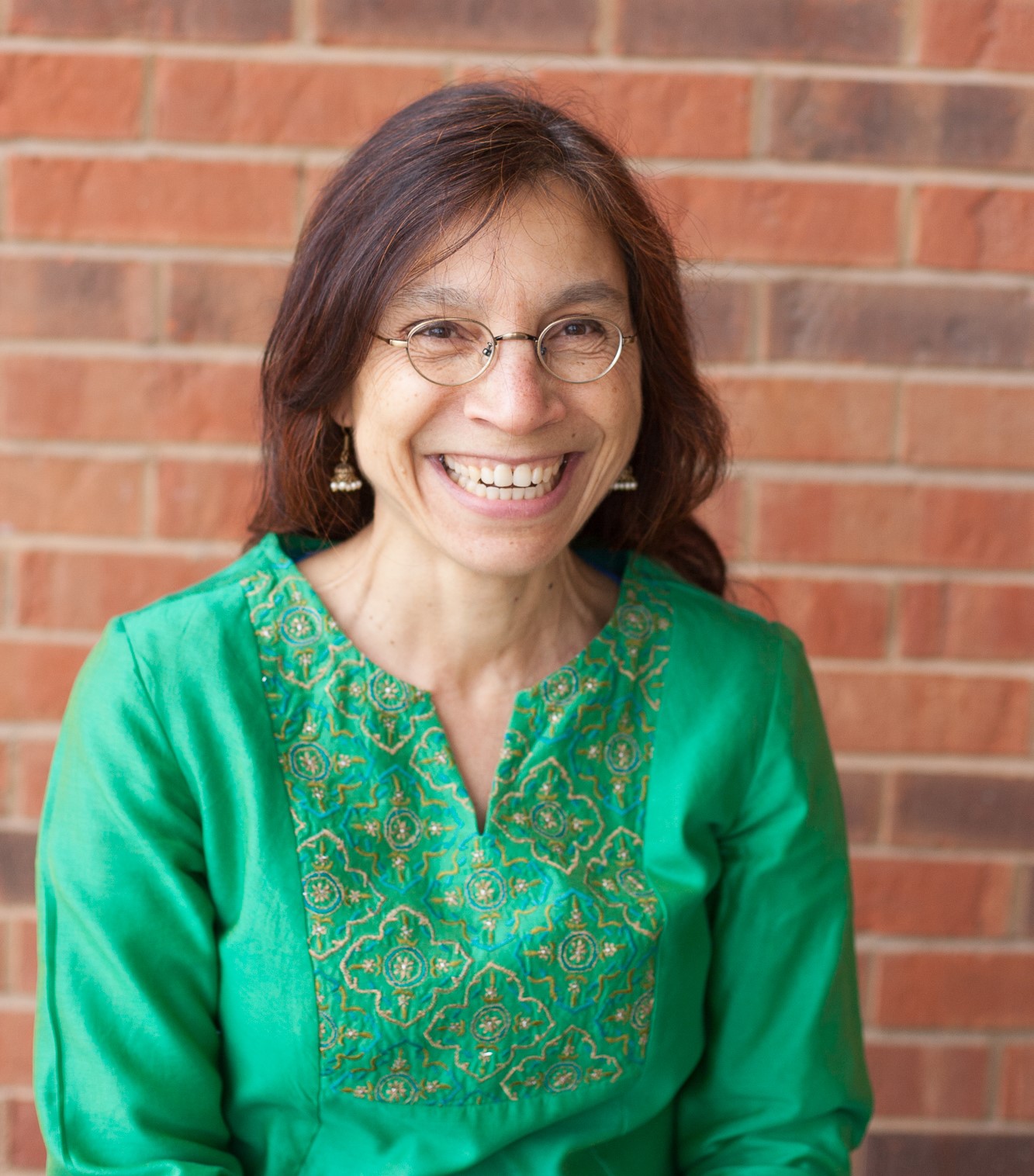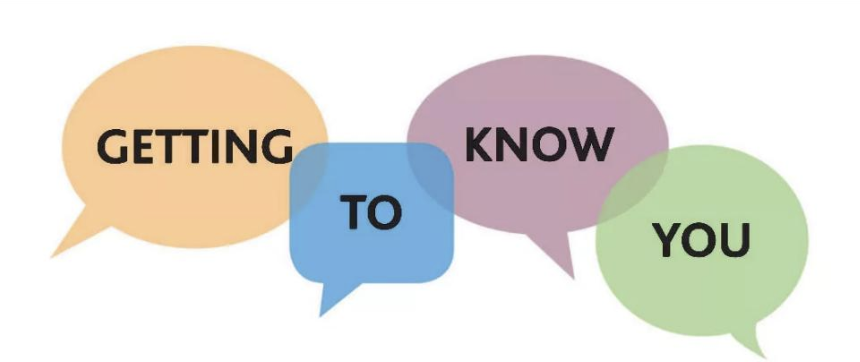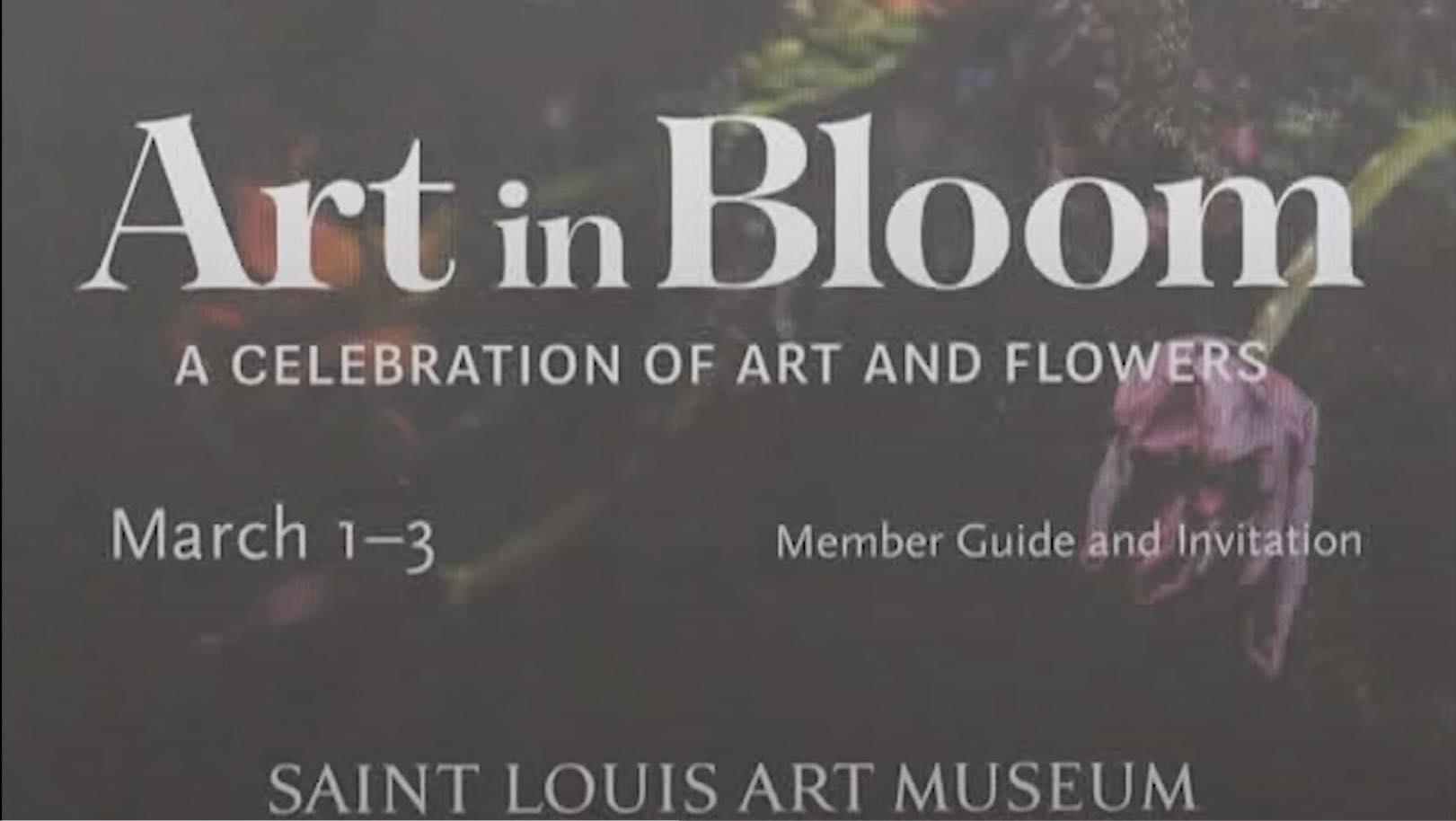BY: Lauren Johns
Staff Writer
Muslim people, those who practice the religion of Islam, are often shunned by society due to negative stereotypes, according to Meramec’s

Muslim Student Association (MSA). Stereotypes include association with terrorist-cell ISIS and oppression of women.
MSA hosted Hijab Day on Wednesday, March 28, to both help combat negative associations and wrap up Women’s History Month. The purpose of the event was to spread empathy for a new culture by allowing people to try on a headscarf (hijab) and reflect on the experience.
Hijab, a broad term meaning “modest dressing,” includes both headscarves and other clothing. Most hijab-wearing countries (excluding Saudia Arabia and Iran) give women and men a choice of whether or not to wear hijab. Typically, muslims don’t start wearing their hijab until they reach the age of puberty. At this point, if they do decide to wear it, men cover everything from their navel to their knees, (as well as grow out and groom their beards,) and women cover their hair to their ankles. Many women wear hijab only for prayer.
Sophomore Sadia Ali coordinated the event. In addition to acting as president of the MSA, she is also an employee of the Council of American Islamic Relations (CAIR), an organization that raises awareness through events like women’s marches and refugee fundraisers.
“I wear [my hijab] all the time so I can pray anywhere on the spot and be reminded of god’s love for me,” said Ali. “He created the hijab to stop heinous men from objectifying women. It promotes a form of equality.”
According to Ali, the hijab is about more than just religion.
“When we wear the hijab, we not only see religious distinctions but also social,” said Ali. “In the past, only elite women dressed in this form. Nowadays, we use it identify one of our own, to stand out from the crowd.”
Not everyone who practices Islam is from a primarily Islamic country. Anna Theresa, sophomore and vice president of MSA, is American. Raised by atheist parents, Theresa said she is aspiring toward Islam because she has a lot of the same values and beliefs.
“I do it for empathy,” said Theresa. “Some people may say there are other ways to to experience a new culture but this is what I choose. I’m not trying to be something I’m not. I resonate well with this religion and I’m not trying to become Muslim or mock the culture.”
Theresa, who studies the Quran, said she wears hijab because she believes in modesty but also women’s rights.
“I agree with the fact that men and women are expected to look down in each other’s presence, to prevent any ogling,” said Theresa. “I also believe in the fact that Allah [God] has no defined gender. So, if we believe in making God a women to avoid male domination, then we have that freedom.”
In addition to Hijab Day, MSA also hosted an art exhibit at the Contemporary Art Museum on Saturday, March 31. 800 people came to explore the different artistic expressions of Muslim culture including poetry, songs, textiles and spray paint shirts. Theresa’s contribution to the exhibit was handmade prayer beads (tesbih), a type of craft generally featuring 99 beads on a string to represent the 99 different names for Allah.
According to Theresa, many Americans are afraid of Muslims due to fear of the unknown. But ultimately, the Muslim community stands for similar principles; anti-violence, religion, community and good will. A common greeting in Arabic is “alsalam ealaykum” which translates to “peace be upon you.”











